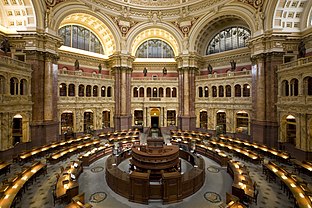
I just found this article, and have NEVER heard of this idea – but I’m in love with it!!!
Card catalog cards had a smell to them, say…chocolate. If you, as a patron, were looking for your book you did not have to rely on an indecipherable map, or on your own memory of a specific section of the library. Instead you could just sniff along the aisle until you found the shelf that also smelled like chocolate. Then you browse along until you find your specific book! Amazing!!
Sadly, this catalog is no longer in use – and it clearly has not swept the nation and is not being used in every library. Yes it would add some challenges to the job of catalogers everywhere to make this happen, but what an amazing idea for helping to make the collection accessible to patrons!!!
Please, please take a moment to click on this article and to admire the scanned newspaper articles about this cataloging system. You will absolutely not be sorry!
Do you have any other seemingly crazy ideas for helping people to connect with your materials? Share them!!! Heck – we will give out up to $300 in mini-grants to people who send us an application with some idea that just needs some funding to get off the ground!! (CMLE members only, please!)
Libraries are here to serve our communities, and to connect them with information through our materials and programs. Let’s keep thinking of interesting new ways to make that happen!




